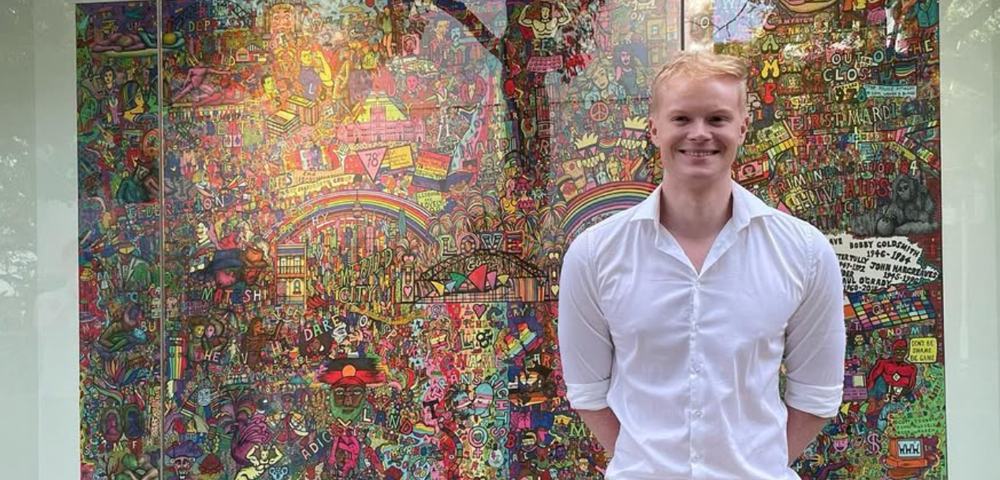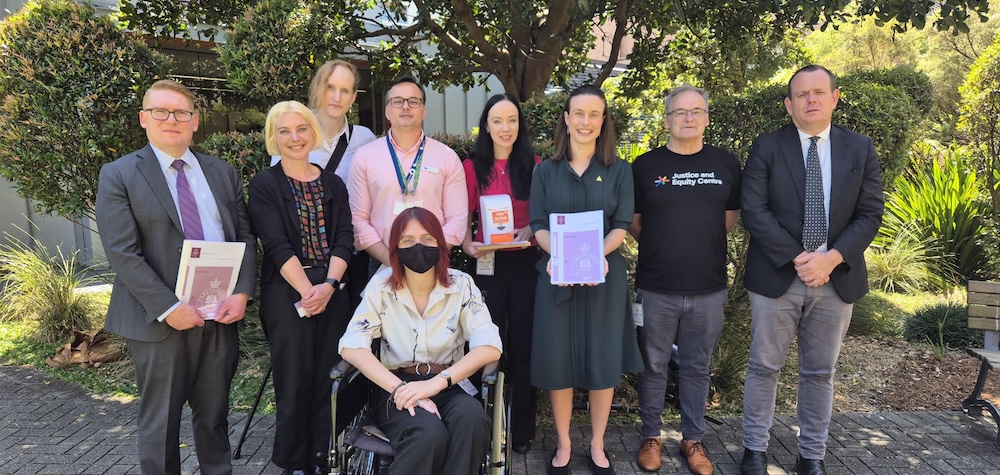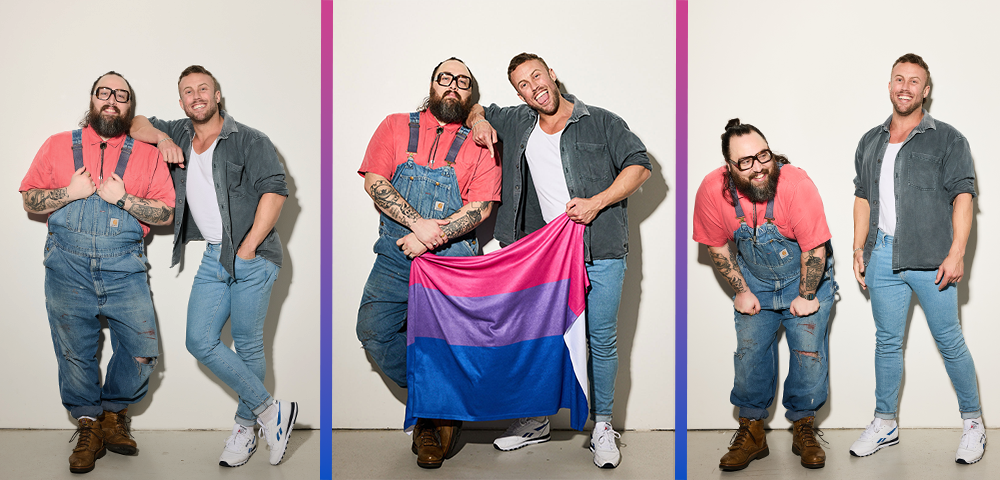
Prejudice-motivated crime strategy
Victoria Police launched its Prejudice-Motivated Crime Strategy at Melbourne Town Hall on July 8.
According to the pamphlet launched by VicPol (the Strategy itself remains an internal police document), prejudice-motivated crime is defined as “a criminal act which is wholly or partly motivated by prejudice or hatred towards a person or a group because of a particular characteristic, such as sexual orientation, gender identity, religion, race, sex, age, disability, homelessness”.
This will be considered an aggravating factor in sentencing.
The Acting Assistant Commissioner of Victoria Police, Superintendent Tracy Linford, emceed the launch, which was well-attended by representatives from a number of communities.
In her introduction, she listed leaders of the communities attending — with the exception of the GLBTI community. She pointed out that police intelligence on prejudice-motivated crimes has been hampered because reporting “forms haven’t been able to collect the data that we’ve needed”.
This was reiterated by Acting Chief Commissioner Ken Lay, who said that, in collecting and analysing data, VicPol was “starting from a low base”.
There were two key areas to the Strategy: “increasing the knowledge of our members and decreasing the number of [prejudice-motivated] crimes”. Lay stated that “we should not, and will not, tolerate this kind of behaviour”; “everyone has the right to feel safe”; and there are “some people in the community that we need to continue to build a level of trust with”.
The Victorian Equal Opportunity and Human Rights Commission ran an online survey which found the process of reporting prejudice-motivated crime was “daunting, scary and impossible”. Commissioner Helen Szoke suggested that, according to the survey, sometimes prejudice-motivated crime was “excused as opportunistic, whereas people know it’s against them due to a particular attribute they have”.
Many community members don’t yet feel comfortable walking into any police station to report such a crime. Previous research found significant GLBTI underreporting rates for heterosexist violence and abuse.
For this reason it is disappointing, from our community’s perspective, that the Victoria Police pamphlet includes only instructions to report crimes to police stations, or to Crime Stoppers, mentioning nothing about GLLOs.
Commissioner Szoke pointed out that “third-party reporting mechanisms [are] a very important part of the Strategy”, probably referring to our ability to report prejudice-motivated crimes to the Anti-Violence Project, with the information then being passed on to Victoria Police.
By Barbary Clarke, convenor of the VGLRL’s Policy Working Grou. Clarke is doing a PhD on women and life-threatening illness.









